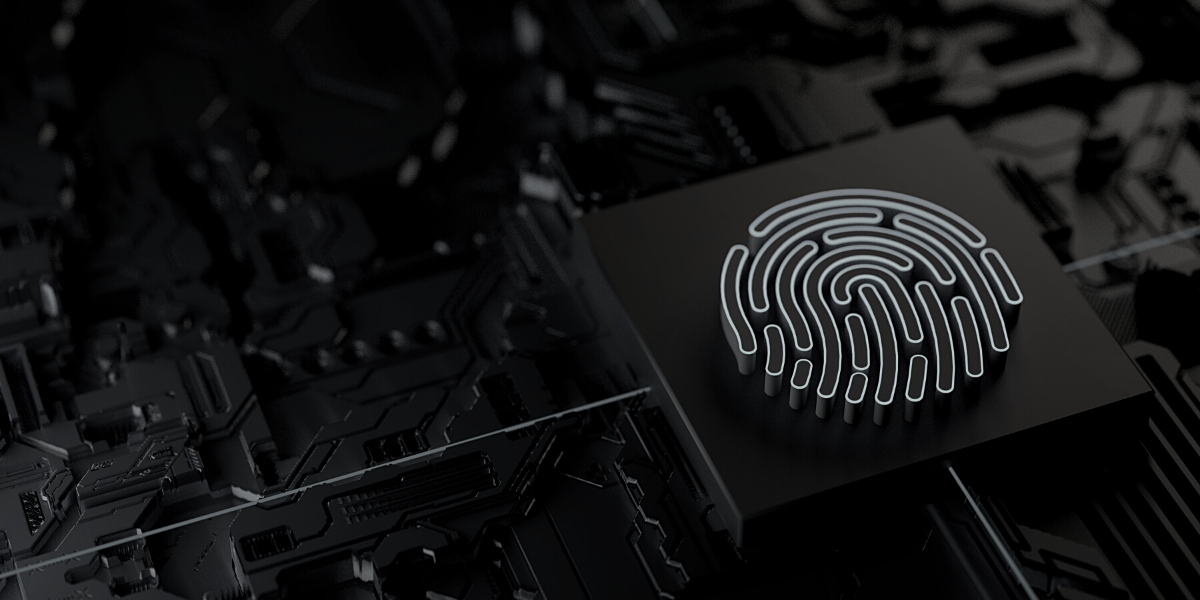Taking Ownership on Safer Internet Day

Where would the world be without the Internet?
The Internet allows us to access massive amounts of information in seconds, connect with people all over the globe, educate ourselves on any topic we want, work and collaborate remotely, sell and buy from–and do countless more things that would have been unimaginable just 30 years ago.
But for all its advantages, we must always remember that there are darker aspects to the Internet–ranging from the risks posed to children by predators, cyber bullying and age-inappropriate content to the risks posed to adults and businesses from cybercriminals.
Safer Internet Day will be marked for the 19th time on February 8, 2022. This day is as good a time as any to remind ourselves of our personal obligation to be safe and secure when using the Internet.
Taking action is better than being a bystander
In the offline world, first responders like police, paramedics and firefighters are actually our last layer of protection. When an emergency occurs, we know we can rely on first responders to arrive on the scene promptly. However, the only person you can truly rely on to reduce the possibility of an emergency happening in the first place is you.
Being safe and responsible in the offline world comes as second nature to us. We take countless actions every day to protect ourselves–such as locking the front door when leaving home, driving under the speed limit, and keeping matches and lighters out of reach of children.
The same principle holds true in the digital world. Cybersecurity solutions providers (such as CYREBRO) are essential for monitoring and responding to threats. But your first form of protection is you. According to a study by IBM, human error is responsible for 95% of cyber breaches. By acting safely and responsibly on the Internet, you reduce the chance that you (or organizations you belong to) become the next victim of cybercrime.
Staying safe on the Internet is relatively simple, but it’s worth repeating some of the basic steps:
- Use a secure connection. Always use a private and secure Internet connection, especially when entering or accessing sensitive data. If you must use a public Wi-Fi connection, then place a layer of protection between your device and the endpoint–such as a VPN (virtual private network).
- Use strong passwords. According to the FBI’s Internet Crime Complaint Center, weak passwords are one of the four major vulnerabilities that threat actors exploit to steal data or inject ransomware. The takeaway is simple: use strong passwords (with a mix of upper-case, lower-case, numbers and symbols), especially on sensitive or administrator accounts.
- Limit what you share online. You wouldn’t share sensitive information about yourself or your organization with a stranger on the street, so be careful who you share it with online. Personally identifiable information (PII) includes your Social Security Number, credit card information, passport information, financial information, and medical records. Guard it closely.
- Be alert to phishing tactics. Phishing is one of the most common types of social engineering attacks used against individuals and businesses. It occurs when a cybercriminal disguises themselves as someone trustworthy in order to try to steal sensitive information such as login credentials or credit card details. Always be alert to suspicious requests for information.
- Keep your browser up to date. Chrome and other browsers regularly release updates to protect users against the latest viruses and malware. Updates happen in the background when you close and reopen your browser, so not much action is required on your part. However, if you haven’t closed your browser for a while, then you should double-check to make sure you haven’t missed any important updates.
The above isn’t intended to be a comprehensive list. Rather, we hope it serves as a reminder that you have the power to ensure that you and the people around you–such as your family, friends, and work colleagues–are safe and secure on the internet. Even seemingly trivial steps like regularly changing your password or updating your browser can protect you from an online catastrophe. And as it is often said: it’s better to be safe than sorry.
Bottom line
“With great power comes great responsibility” is an old saying variously attributed to Voltaire, Churchill, and Uncle Ben from the Spiderman comics, among others. Whatever the source, it is the perfect slogan for staying safe and secure on the Internet. The Internet is great. It gives us powers that would have been unimaginable to previous generations. But behind the Internet’s greatness lie a myriad of risks. On this Safer Internet Day, it’s worth reminding ourselves of the importance of having a safety-first mindset when going online.


